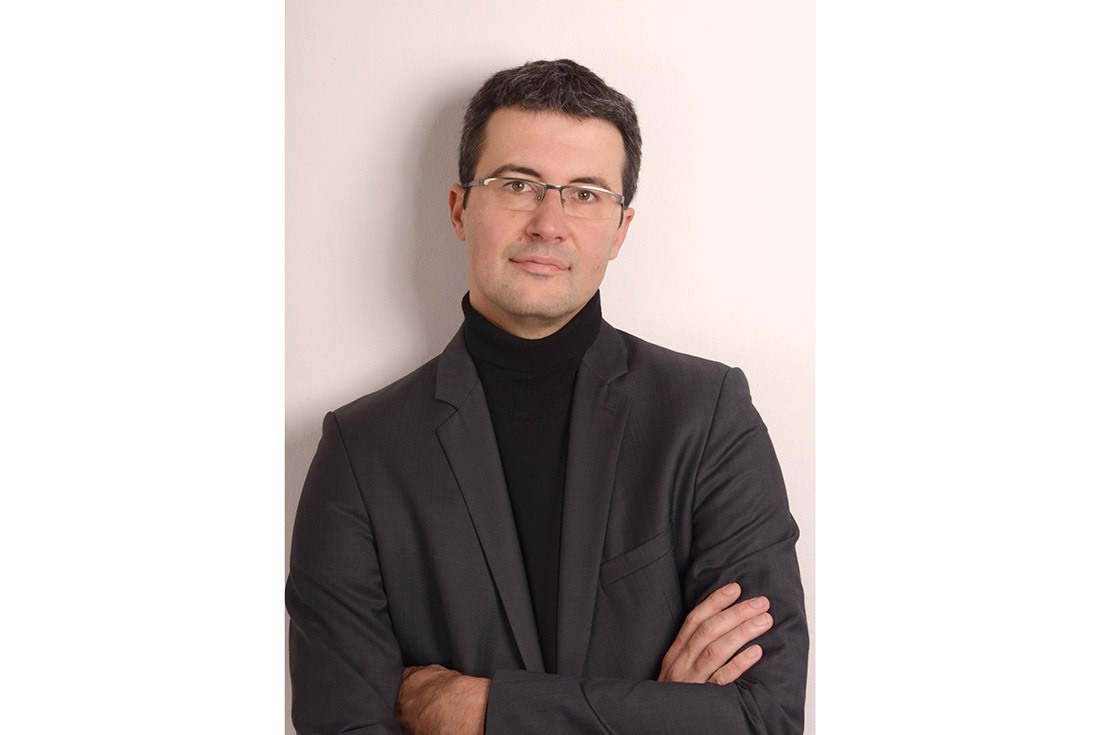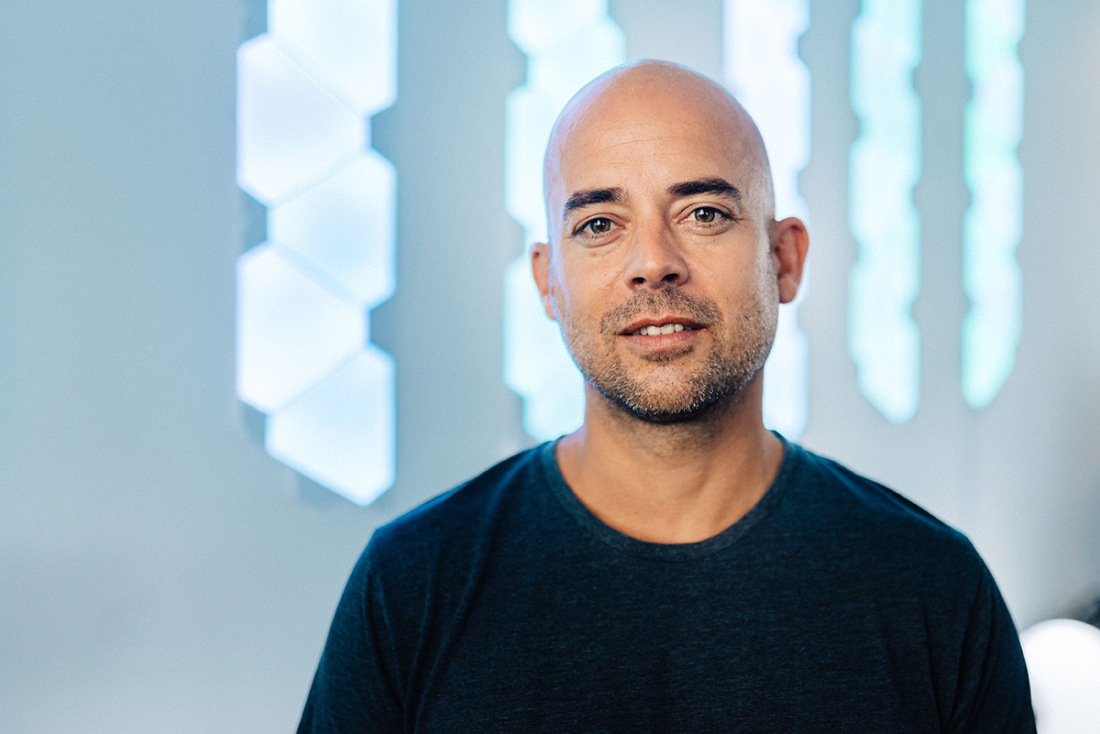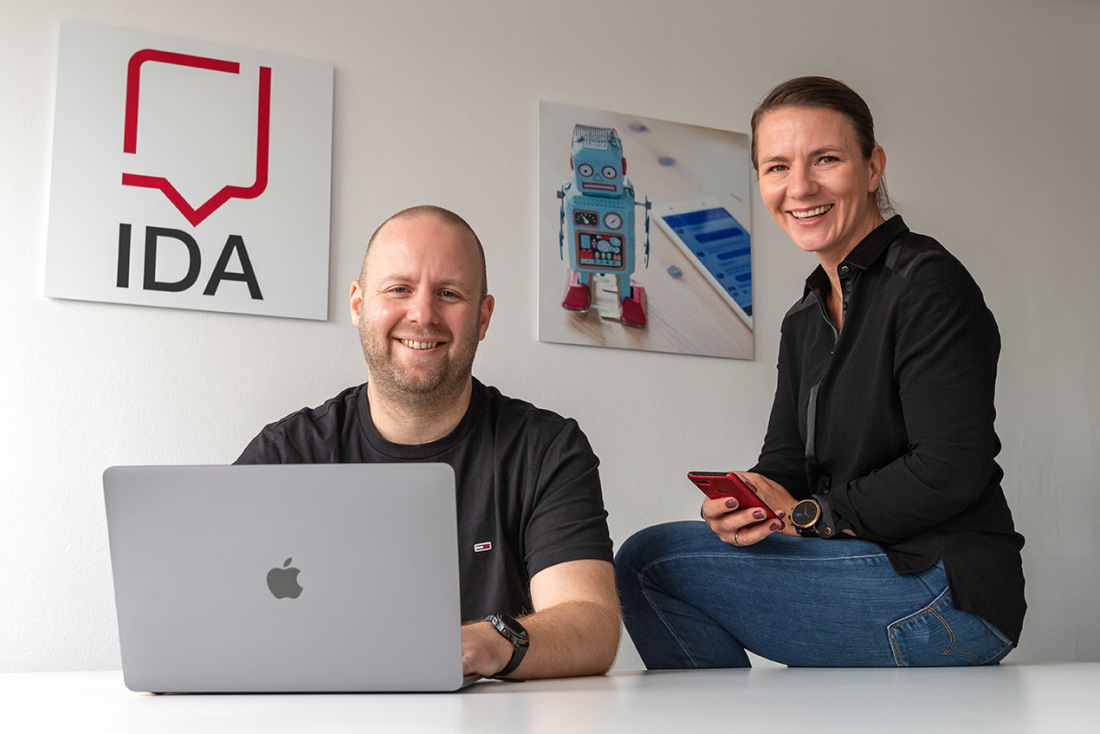What impact will artificial intelligence have on our world in 2030?
DigitizationThe future with AI

Intelligent robots, self-driving cars, smart chatbots – is this what our world will look like in 2030? We asked representatives from the research and business sectors in Bremen for their thoughts on the future impact of artificial intelligence on our everyday lives.
Dr. Sirko Straube, Robotics Innovation Center, DFKI:

"The digitisation of information and communications, and the AI algorithms that build on this, associated with new platforms (such as social media) are already changing the way we live and work together. These changes will either continue or become even more perceptible in many sectors over the next few years, creating new opportunities. AI is a powerful tool that can help us get to grips with a digitised world: we now have the opportunity to revolutionise many areas of our society, for example, in medicine, mobility, industry & logistics, communication and the way we think and act globally. Robotics will also play an increasingly prominent role here, especially in aeronautics and the maritime economy, but also in our workplaces and in the things we do every day.
In 2030, I think the job of AI will be to help us adapt to all these changes, and find our place in a digitised world. I think this support will be provided by a sort of "personalised" AI. This would help me navigate through digital networks confidently and in just the way I want and give control over data sovereignty back to the individual. A fundamental part of this is ensuring that decisions about AI can be made by users themselves. I believe this will be crucial, when it comes to implementing AI, because it will enable us to start using self-driving cars or intelligent robotics in everyday life, for example."
Roland Becker, CEO JUST ADD AI GmbH

"Developments in artificial intelligence will continue at an exponential rate because computing power, the amount of data made available to us and the number of people involved in AI research will grow exponentially. In ten years time, AI will be part and parcel of our everyday lives. We'll think it's nothing unusual to see driverless cars, be able to talk to our household appliances and have our illnesses diagnosed by digital assistants. I hope we'll have completely done away with paper-based communication by then, and that an AI assistant will take care of my e-mails and arrange my timetable so I can spend more time on the things that actually matter. As we say in our company, the goal is to "unlock human talent"."
Professor Christof Büskens, Center for Industrial Mathematics (ZeTeM) at the University of Bremen

"In future, AI will have a massive influence on our lives without us actually being aware of it. One example of this are the assistance systems we encounter in so many areas, such as in cars. Another example is the traffic light control systems that use AI to regulate traffic flows in a more intelligent way. In future, medical devices will no longer be able to function without complex mathematical algorithms, i.e. AI systems. However, even in ten years time, AI will not have advanced to the stage that it could completely replace human intelligence. Nevertheless, by then, it will be making a decisive contribution to our work and in our everyday lives."
Dr. Nina Wenig, IDA Bot founder

"Robots will be increasingly taking on tasks in different areas of our lives". The trend towards home automation will continue to grow. However, I still don't think we'll all be living in "smart rooms", i.e. in environments that automatically adjust to perfectly suit our needs, by 2030. Human beings are simply too individualistic. Even the same person can have completely different plans and emotions from one day to the next, depending on how they feel.
In the best case scenario, AI will improve data democratisation and help make participation in digital media and digital life easier for everyone. For example, AI will also help amateurs edit images, sound and videos more professionally. The number of chatbots integrated in programs, and designed to help us, will also increase by 2030."
Dr. Dirk Wenig, IDA Bot founder
"I believe that AI can be used effectively to provide support in every aspect of information gathering. Will we still even be using websites? At present, people use websites a lot, to find out about things, but this task could also be performed by chatbots. In future, you could simply tell chatbots what you're looking for and they would then guide you to the most important information you need.
The major benefit of this is that chatbots can be used on a wide range of devices, from smart watches and smartphones up to intelligent loudspeakers, for example, with Amazon's Alexa."
Success Stories
8 Bremen Companies involved in Mass Spectrometry
If you want to get down to the smallest building blocks of our world, you need mass spectrometers. And there are few places in the world where there is such a high concentration of specialists and manufacturing companies and suppliers in this sector as in Bremen.
Learn moreLife on Mars
Humans on Mars? Still a distant dream for now. Yet, a Bremen science initiative is developing the foundations for sustainable human life on the Red Planet. This affects Earth, too. After all, these technologies could also be pioneering for the Blue Planet.
Learn more“After all, we're here because someone else made room for us, and it's our duty to do the same for others”
Theoretical physicist, industrial mathematician, manager – as a member of the start-up company TOPAS, Dr. Shruti Patel creates change in Bremen. However, being a role model has not always been easy for her.
Learn more
